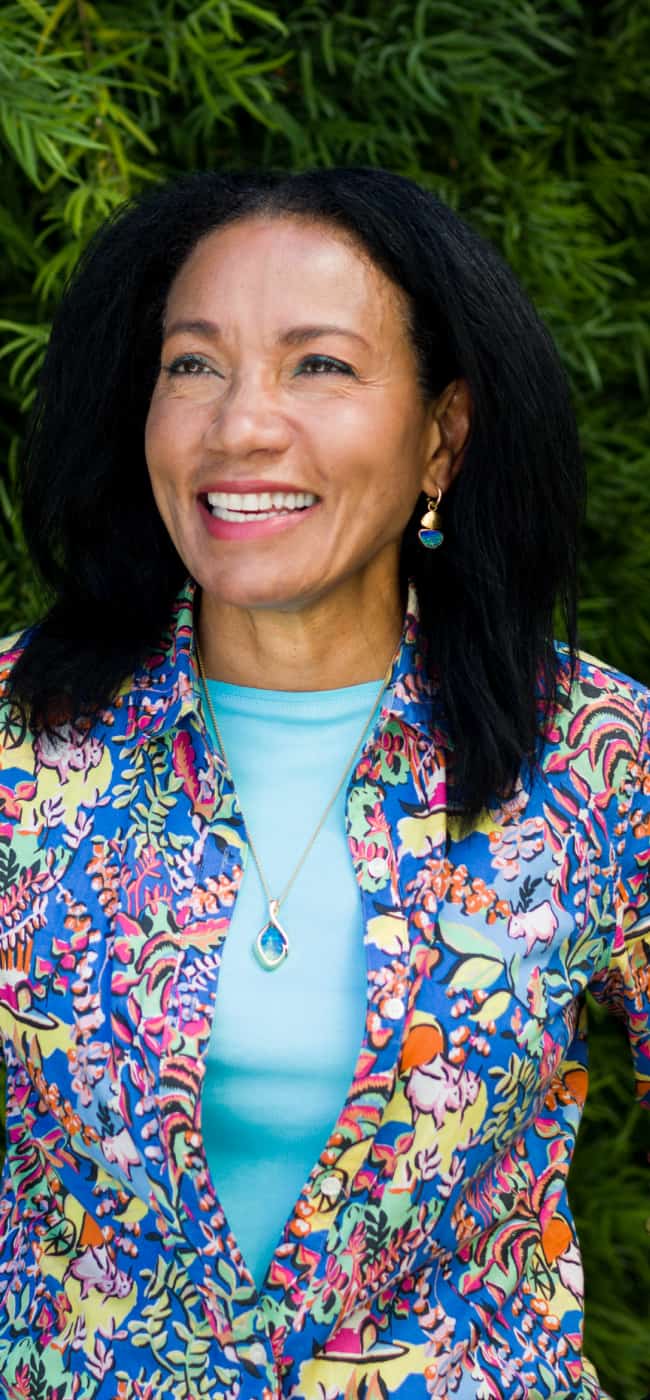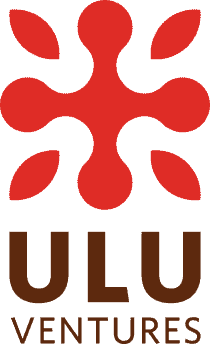
Miriam Rivera
A little faith can make all the difference!
A recent HBR article by Wharton School Professor Samir Nurmohamed titled the Upside of Being an Underdog sums up a lot of what I’ve learned, first in being an underdog and later investing in them. I’m an inner-city, Spanish-speaking-first, free-lunch kid born out of wedlock to a mother who initially had less than an 8th-grade education. Domestic violence, crime, mental illness, and trauma punctuated life in our household.
Most people wrote off kids like me. But they didn’t—and most VCs still don’t—get that while such realities can destroy anyone’s spirit, a little faith can make all the difference! Both capital-F Faith and little-f faith, à la Miley Cyrus’s “The Climb.” My mother made many mistakes, but she kept picking herself up. She proved others wrong; she advanced her education—earning her GED and her driver’s license in her 50s.
The work ethic and response to challenges in “The Climb” could be the theme song of my life. When Eric Schmidt interviewed and hired me at Google, he said, “We take the smartest people we can find and we work them to death.” I laughed to myself because few have ever worked as hard as my migrant farm-worker parents or my mother as a woman raising 5 kids in poverty; not me and I’d been attending some of the most country’s most competitive schools and helping support myself since age 14.
I doubted there were many Googlers whose early childhood education consisted of Sesame Street and Title 1 Head Start who had earned 4 degrees from Stanford, co-founded a VC–backed software company, and would develop a technology services agreement that became Google’s model for revenue partnerships generating billions of dollars. The longshot can be very profitable!
Ulu Ventures is like the old commercials about PB&J–two things that are better together. I saw an opportunity to invest in startup founding teams that represented all Americans, many of whom were overlooked by traditional venture capital. But decision analysis was tried and true; a methodology Clint and I’d applied successfully to financial decisions for over a decade before Ulu. Soon I learned that nearly 99% of all dollars in the country’s largest pools of capital are invested in firms led by white men even though the billions invested come from teachers, municipal workers and other pensioners who reflect an American poupluation that is 70% non-white male. Ulu’s portfolio represents most of the dynamic people who make up the US: white, underrepresented minorities, minorities, immigrants, men, women, and LGBTQIA. Ulu became my sweet spot because the lack of data and heightened risk at the earliest stages was something many investors didn’t have a methodology to address; their judgment was often clouded about teams that didn’t resemble the archetypal white male elite college dropout founder.

